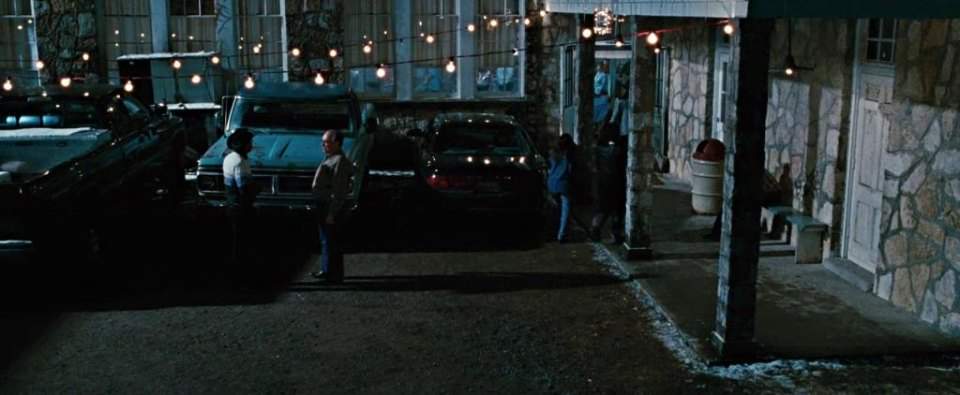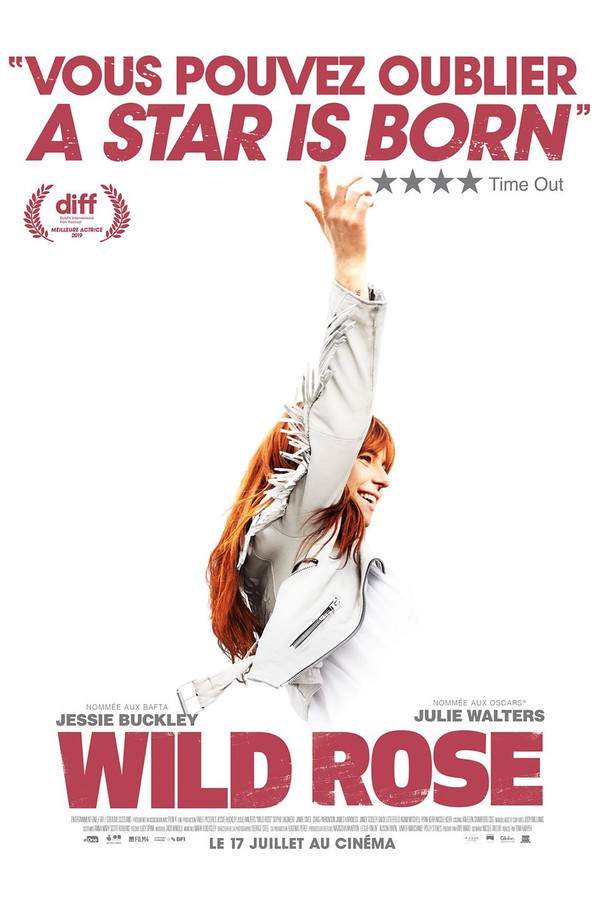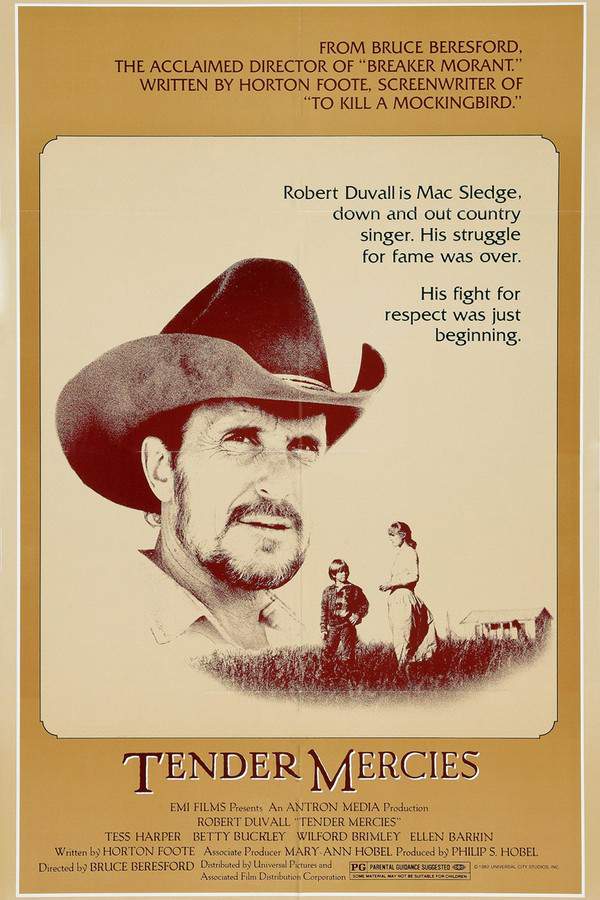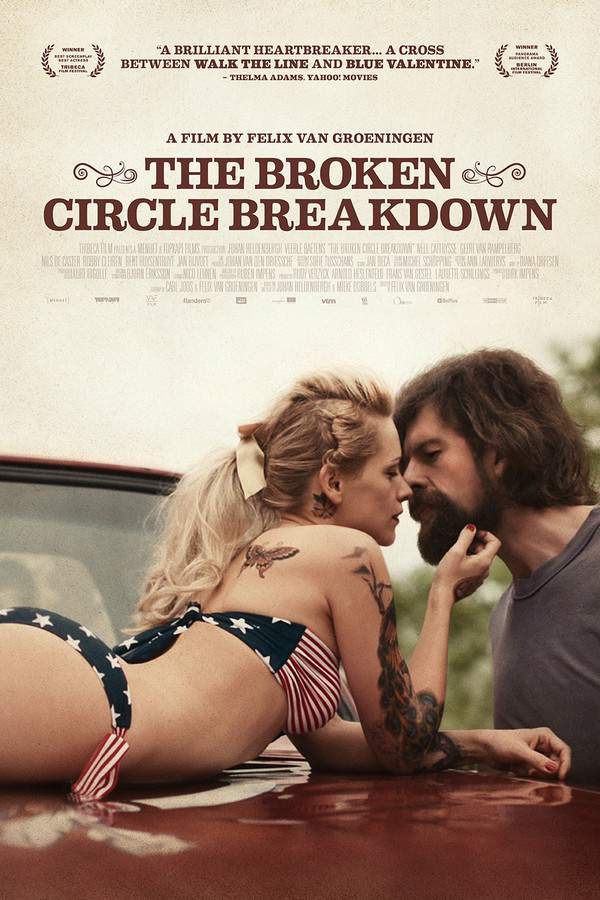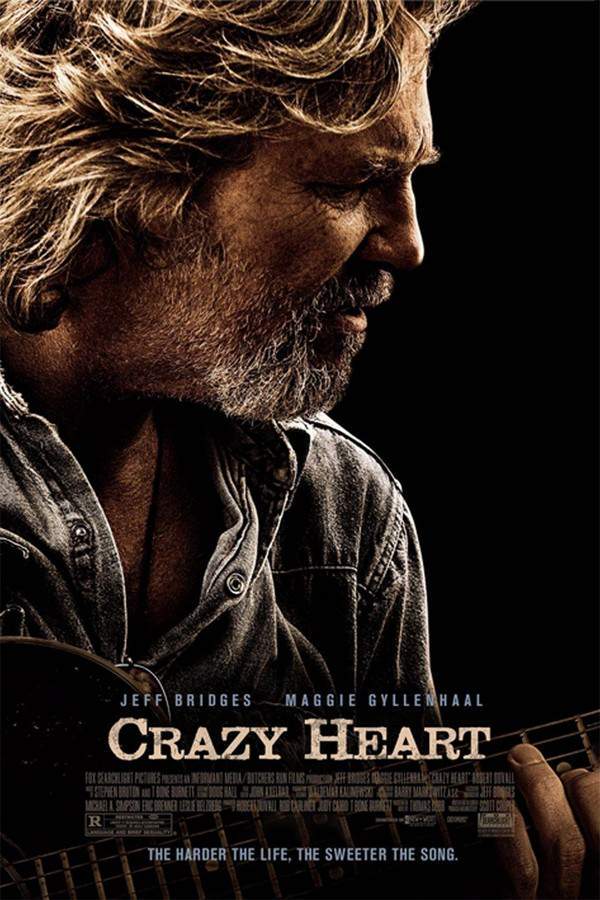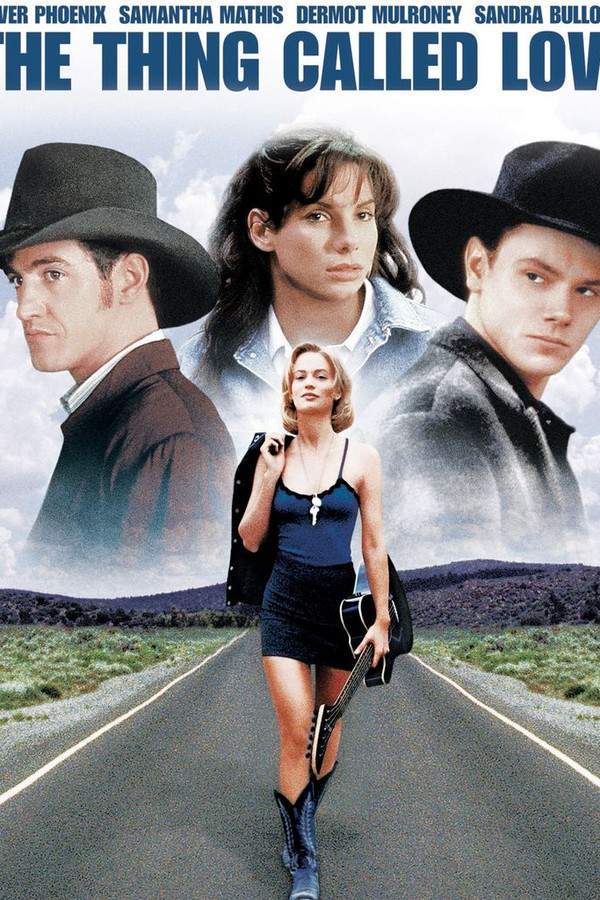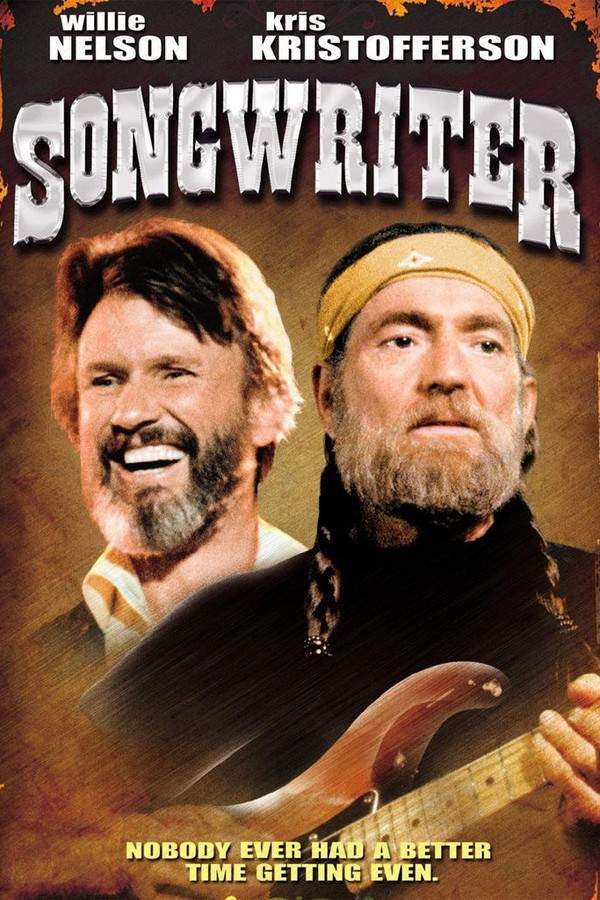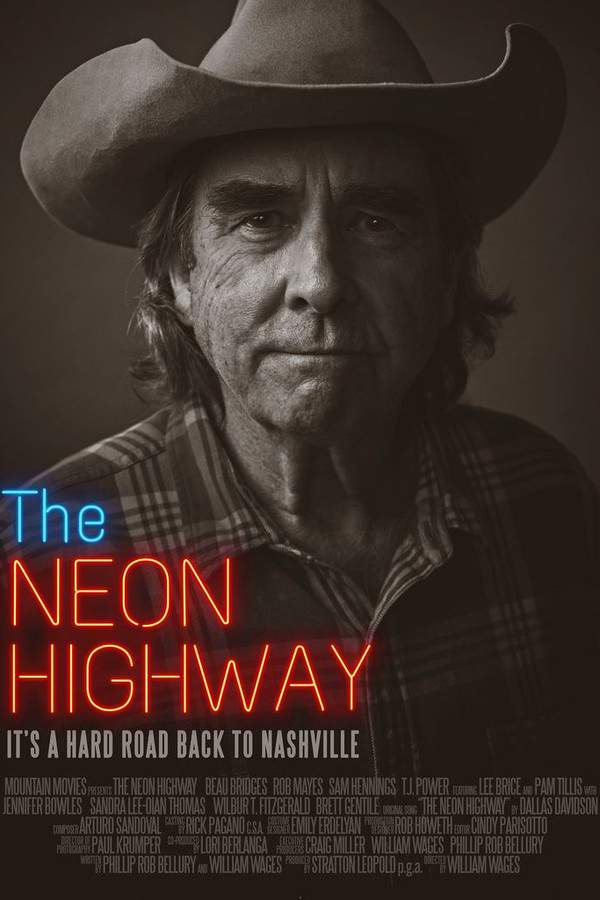Country Strong 2010

A celebrated country music star, Kelly Canter, seeks refuge at a rehab retreat and finds an unexpected connection with Beau Hutton, a talented musician. As she embarks on a comeback tour alongside her husband and manager, James, Kelly's emotional recovery faces challenges from past traumas and burgeoning feelings, jeopardizing the stability of their professional and personal relationships. The journey explores themes of addiction, redemption, and the complexities of love and ambition within the world of country music.
Does Country Strong have end credit scenes?
No!
Country Strong does not have end credit scenes. You can leave when the credits roll.
Meet the Full Cast and Actors of Country Strong
Explore the complete cast of Country Strong, including both lead and supporting actors. Learn who plays each character, discover their past roles and achievements, and find out what makes this ensemble cast stand out in the world of film and television.
External Links and Streaming Options
Discover where to watch Country Strong online, including streaming platforms, rental options, and official sources. Compare reviews, ratings, and in-depth movie information across sites like IMDb, TMDb, Wikipedia or Rotten Tomatoes.
Ratings and Reviews for Country Strong
See how Country Strong is rated across major platforms like IMDb, Metacritic, and TMDb. Compare audience scores and critic reviews to understand where Country Strong stands among top-rated movies in its genre.

45
Metascore
6.1
User Score


22%
TOMATOMETER

53%
User Score

6.3 /10
IMDb Rating

61
%
User Score
Take the Ultimate Country Strong Movie Quiz
Challenge your knowledge of Country Strong with this fun and interactive movie quiz. Test yourself on key plot points, iconic characters, hidden details, and memorable moments to see how well you really know the film.
Country Strong Quiz: Test your knowledge on the poignant themes and characters of the movie Country Strong (2010).
Who plays the character of Kelly Canter in the film?
Gwyneth Paltrow
Kelly Clarkson
Tim McGraw
Cheryl Crow
Show hint
Awards & Nominations for Country Strong
Discover all the awards and nominations received by Country Strong, from Oscars to film festival honors. Learn how Country Strong and its cast and crew have been recognized by critics and the industry alike.
83rd Academy Awards 2011
Music (Original Song)
68th Golden Globe Awards 2011
Best Original Song
Full Plot Summary and Ending Explained for Country Strong
Read the complete plot summary of Country Strong, including all major events, twists, and the full ending explained in detail. Explore key characters, themes, hidden meanings, and everything you need to understand the story from beginning to end.
WARNING! The Synopsis may contain Spoilers!
Best Line: Fame and love can’t live in the same place.
Country Strong is a deeply moving film that features Gwyneth Paltrow in the role of Kelly Canter, an aging country music star grappling with her tumultuous past. Alongside her is Garrett Hedlund as Beau Hutton, a young and aspiring country singer working in bars and a rehab center, and Leighton Meester portraying Chiles Stanton, an ambitious beauty queen striving to make her mark in the industry.
The film delves into the uncomfortable realities of addiction, exploring how it affects both the individual suffering from it and their loved ones. The screenplay, penned by Shana Feste, offers an insightful look into the nuances of addiction, showcasing the pain that the disease inflicts not only on the user but also on those who care for them. Kelly’s struggle, highlighted by her husband and manager James Canter’s desire to keep her career afloat, paints a harrowing picture of the lengths to which caregivers often go to protect their loved ones—even at the cost of their own well-being.
Kelly’s journey begins at rehab, where she first meets Beau while they creatively scribble song lyrics together. Their budding camaraderie is interrupted by her husband James, who is eager to pull Kelly out of rehab and resume her career. This scenario reflects a common reality—the cycle of denial and justification that often allows addicted individuals to leave treatment prematurely, leaving their issues unresolved.
As Kelly attempts to reclaim her place in the spotlight, tension arises when Chiles auditions to be her opening act. Beau, feeling protective of Kelly, expresses his disdain for Chiles, convinced she lacks the experience and talent required for such a prestigious platform. Yet, despite initial apprehensions, he finds himself compelled to help Chiles during her performance, exhibiting the compassion that defines his character.
The complexity of Kelly’s emotional state becomes evident as she struggles with her self-worth and her tumultuous relationship with James. The battle between her desire for validation and the haunting memories of her past lead her to confront challenging situations on stage. After a performance goes awry, fueled by alcohol and insecurity, she finds herself spiraling downward once more.
James, desperate to save Kelly from her vices, attempts to guide her back to stability, but he also faces his own struggles. He grapples with the two distinct sides of Kelly— the star he fell in love with and the fragile woman she has become. As their past collides with their present, the stakes are higher than ever.
Through her emotional encounters, including a touching visit with a leukemia-stricken boy, Kelly begins to see fleeting glimpses of the woman she used to be. Yet, her efforts to maintain stability are constantly thwarted by her addiction. As pressures mount and performances falter, Kelly’s journey transforms into a poignant exploration of love, loss, and the painful cost of addiction, leading to a powerful conclusion that encapsulates the struggle between recovery and relapse.
In the end, Country Strong artfully illustrates the volatile dynamic between a drinker and their caregiver, emphasizing the heartbreaking reality that both must confront their demons. With its rich narrative and compelling performances, this film serves as a powerful reminder of the perils of addiction, showcasing the love and resilience that can emerge amid despair.
Uncover the Details: Timeline, Characters, Themes, and Beyond!

Coming soon on iOS and Android
The Plot Explained Mobile App
From blockbusters to hidden gems — dive into movie stories anytime, anywhere. Save your favorites, discover plots faster, and never miss a twist again.
Sign up to be the first to know when we launch. Your email stays private — always.
Watch Trailers, Clips & Behind-the-Scenes for Country Strong
Watch official trailers, exclusive clips, cast interviews, and behind-the-scenes footage from Country Strong. Dive deeper into the making of the film, its standout moments, and key production insights.
Cars Featured in Country Strong
Explore all cars featured in Country Strong, including their makes, models, scenes they appear in, and their significance to the plot. A must-read for car enthusiasts and movie buffs alike.
Country Strong Themes and Keywords
Discover the central themes, ideas, and keywords that define the movie’s story, tone, and message. Analyze the film’s deeper meanings, genre influences, and recurring concepts.
Country Strong Other Names and Titles
Explore the various alternative titles, translations, and other names used for Country Strong across different regions and languages. Understand how the film is marketed and recognized worldwide.
Similar Movies To Country Strong You Should Know About
Browse a curated list of movies similar in genre, tone, characters, or story structure. Discover new titles like the one you're watching, perfect for fans of related plots, vibes, or cinematic styles.
Quick Links: Summary, Cast, Ratings, More

What's After the Movie?
Not sure whether to stay after the credits? Find out!
Explore Our Movie Platform
New Movie Releases (2025)
Famous Movie Actors
Top Film Production Studios
Movie Plot Summaries & Endings
Major Movie Awards & Winners
Best Concert Films & Music Documentaries
Movie Collections and Curated Lists
© 2025 What's After the Movie. All rights reserved.






















